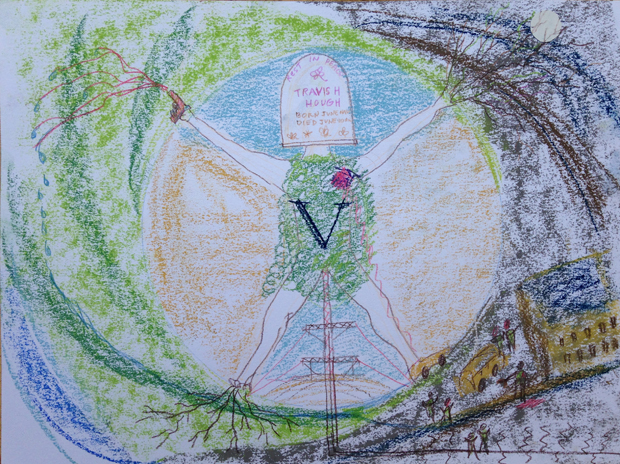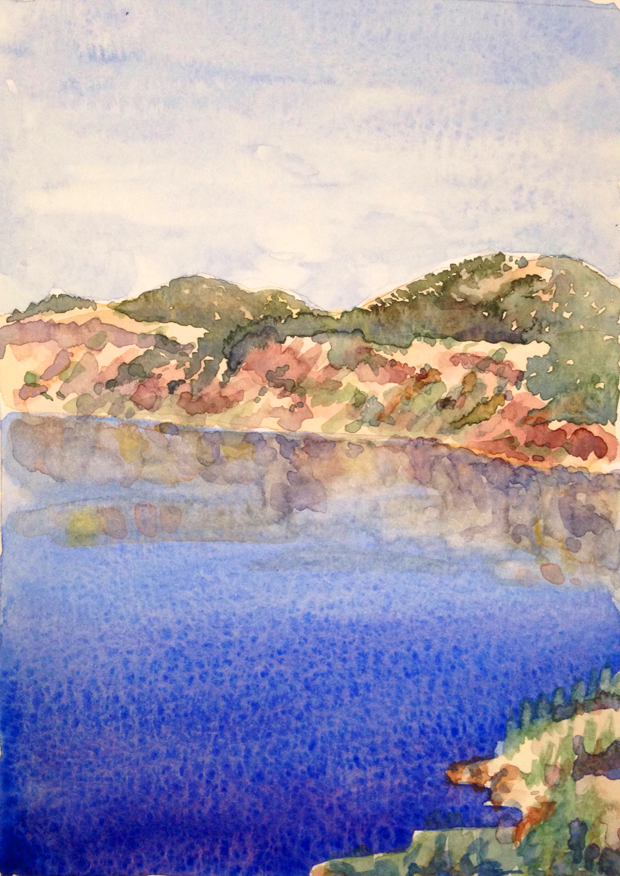There’s been so much written and said about the “inner child” in the last couple of decades that any mention of it is likely to bring on an eye roll. This morning, though, I was visited by a memory that gave me a whole new view of it (or, in my case, her). I’ve had a lifelong love-hate relationship with the creative, childlike part of me. Okay, mostly hate. And shame. Today, I have a new understanding of how unnecessary that has been. And a glimpse of the sweet freedom that’s available with just a small shift.
About ten years ago, I was at a weeklong program at Integral on Sustainability. Among the many fabulous experiences we had was a guided practice called “Big Mind.” This is a combination of Buddhist and modern Western psychological thought developed by Dennis Genpo Merzel to not only “get in touch” with inner voices, but to embody and integrate them. To feel whole. When he invoked the inner child, I became sad and forlorn. Later, I was surprised when everyone else said their inner child was carefree and playful and joyful. Continue reading










